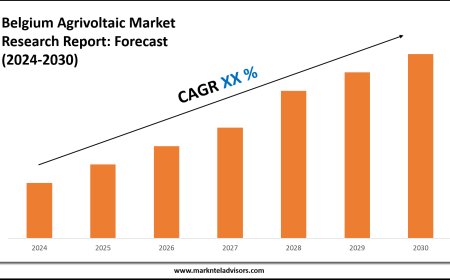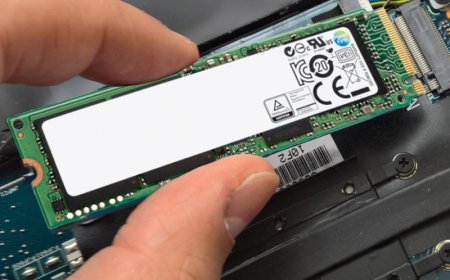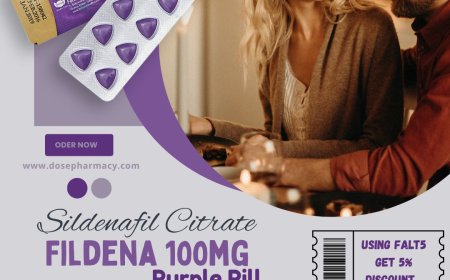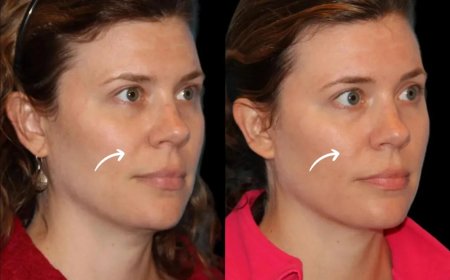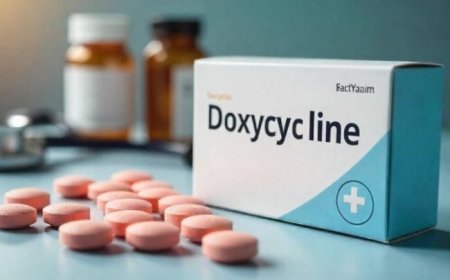Why Is Lab Testing Crucial for Medical Devices?
In the medical device industry, precision isn't a luxury, it’s a legal and ethical obligation. From implantables to diagnostic kits, every product that enters a clinical environment must meet uncompromising standards for safety, efficacy, and sterility.
In the medical device industry, precision isn't a luxury, its a legal and ethical obligation. From implantables to diagnostic kits, every product that enters a clinical environment must meet uncompromising standards for safety, efficacy, and sterility. Thats where third-party lab testing becomes essential. For manufacturers navigating FDA regulations, ISO requirements, and global market approvals, partnering with a qualified lab can accelerate development, reduce risk, and ensure patient safety.
At Microchem Laboratory, we specialize in comprehensive testing services tailored to the medical device sector from bioburden testing and sterilization validation to analytical chemistry assessments. We help you convert R&D breakthroughs into fully compliant, market-ready devices with clarity and confidence.
What Is Medical Device Testing And Why It Goes Beyond Compliance
Medical device testing isn't just a regulatory hurdle; its a critical step in proving that your product performs safely and consistently in real-world conditions. Whether you're designing a catheter, surgical mesh, or drug-delivery system, the testing phase validates:
Biocompatibility and sterility assurance
Material compatibility and chemical stability
Manufacturing consistency and process control
Each test generates data that supports your submission to regulatory bodies like the FDA, EMA, or notified bodies under ISO 13485 and EU MDR. More importantly, it safeguards patients and reduces the risk of costly recalls, liability claims, or reputational damage.
At Microchem Laboratory, our test protocols are designed to align directly with regulatory frameworks and your devices specific use case ensuring your investment in testing translates into meaningful, audit-ready results.
Bioburden Testing: The First Line of Sterility Assurance
Before a medical device can be sterilized, manufacturers must understand the microbial load it carries post-manufacturing. Bioburden testing quantifies viable microorganisms present on a product and is a foundational step in developing sterilization validation protocols.
Microchem Laboratory performs ISO 11737-compliant bioburden testing using methods like membrane filtration, direct inoculation, and sonication. These techniques allow us to accurately detect microbial contamination even on irregular surfaces or complex geometries. Our studies support:
Selection and justification of sterilization methods
Ongoing monitoring of manufacturing cleanliness
Documentation for regulatory filings and internal QA systems
Bioburden testing isnt optional - its a regulatory expectation and a scientific safeguard that informs every downstream sterilization step.
Analytical Chemistry Testing: Uncovering What the Eye Cant See
Product safety goes far beyond visual inspection. Drugs supplements, and personal care products that come into contact with the human body can contain contaminants, retain manufacturing residues, or suffer degradation. Analytical chemistry testing identifies, quantifies, and monitors these risks to ensure product integrity.
At Microchem Laboratory, we employ advanced instrumentation such as:
HPLC (High-Performance Liquid Chromatography) for active ingredient quantification and impurity analysis
FTIR (Fourier-Transform Infrared Spectroscopy) for material identity confirmation
ICP-MS (Inductively Coupled Plasma Mass Spectrometry) for heavy metal detection and trace element profiling
Whether you're verifying raw materials, assessing extractables and leachables, or performing residual solvent screening, analytical chemistry testing helps you prevent formulation inconsistencies, address safety concerns early, and meet standards under ISO 10993, USP, and ICH.
Sterilization Validation: Data-Driven Protection for Patients
Even the most rigorously designed device becomes dangerous if it isnt sterile. Thats why sterilization validation is a non-negotiable in medical device production. This process proves using empirical, repeatable methods that your chosen sterilization technique delivers a consistent Sterility Assurance Level (SAL), typically 10?? or better.
Microchem Laboratory supports EtO, gamma irradiation, electron beam, chlorine dioxide, and other sterilization modalities. We design validation studies using ISO 11135 and ISO 11737 protocols, conducting microbial inactivation studies, half-cycle validation, and bioburden recovery verification. This ensures that your sterilization process:
Is validated under simulated real-use conditions
Maintains repeatability over production lots
Satisfies FDA, ISO, and CE regulatory scrutiny
Sterilization validation is more than a checkbox, its proof that your product protects patients from post-operative infection or contamination risk.
The Value of a Strategic Testing Partner
Choosing a laboratory is more than a logistical decision - its a strategic investment in product success. A reliable testing partner reduces your time to market, lowers compliance risk, and provides insights that improve product quality. Microchem Laboratory is purpose-built to serve the medical device industry with:
ISO 17025-accredited test methods and equipment
GLP and GMP-compliant testing.
Fast, transparent turnaround timelines
Direct collaboration with your product development, RA/QA, or regulatory affairs teams
We dont just deliver raw data. We help you interpret it, apply it, and present it in a format that withstands regulatory review and supports continuous improvement.
Aligning Innovation with Compliance
Lab testing isnt just a checkpoint, its the bridge between concept and commercialization. Whether youre in early prototyping or preparing for final validation, every test you run should move you closer to compliance, safety, and market readiness.
At Microchem Laboratory, our role is to empower medical device manufacturers with accurate, actionable data that supports every phase of the product lifecycle. From bioburden analysis and sterilization validation to chemical profiling and regulatory documentation, were committed to helping you build safer products and stronger trust with your end users.








